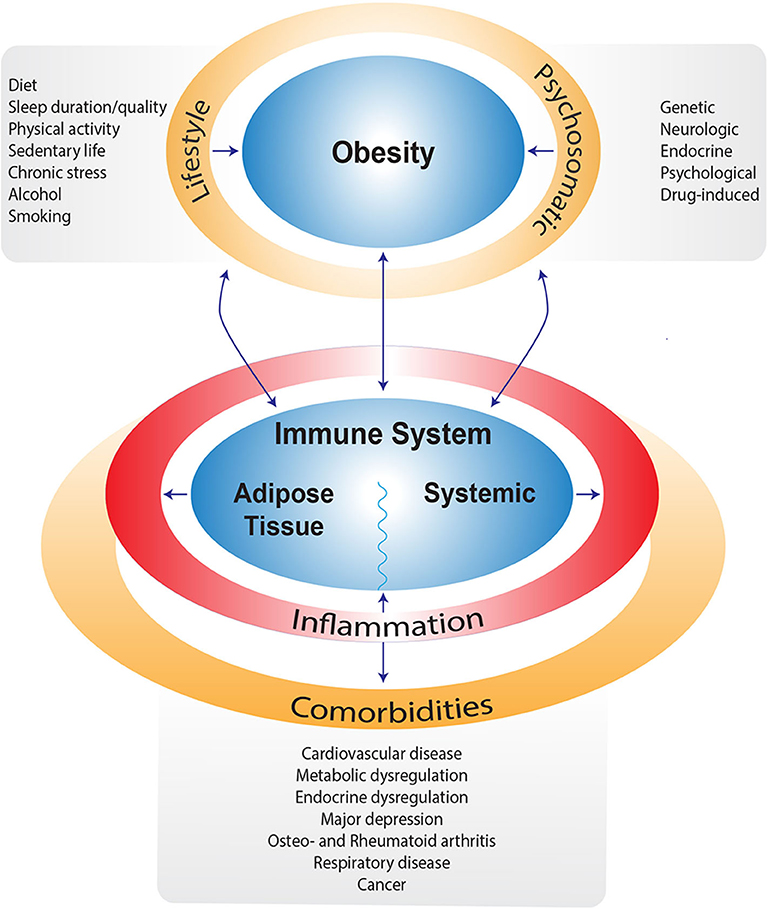
The human immune system is a remarkable defense mechanism that protects the body from harmful invaders, such as bacteria, viruses, and toxins. Its effectiveness in warding off illnesses depends on a multitude of factors, and among the most influential are lifestyle choices. Diet and exercise, in particular, have profound effects on the immune system’s function and resilience. In this comprehensive article, we will explore the intricate relationship between lifestyle choices and the immune system, shedding light on how what we eat and how we move can bolster our body’s defenses.
Diet and the Immune System
1. Nutrient Intake
A well-balanced diet provides the essential nutrients needed for optimal immune function. These nutrients include vitamins (e.g., vitamin C, vitamin D, and vitamin E), minerals (e.g., zinc and selenium), and antioxidants (e.g., beta-carotene). Each of these components plays a unique role in supporting the immune system:
- Vitamin C: Known for its role in reducing the duration and severity of colds, vitamin C also acts as an antioxidant, protecting immune cells from damage.
- Vitamin D: This vitamin regulates immune cell function and helps the body respond to infections. Deficiency in vitamin D has been associated with increased susceptibility to respiratory infections.
- Zinc: Zinc is crucial for the development and function of immune cells. It helps immune cells recognize and combat infections effectively.
- Selenium: Selenium is a mineral that supports the production of antibodies and the function of immune cells.
- Antioxidants: Antioxidants, found in fruits and vegetables, neutralize harmful molecules called free radicals, which can weaken the immune system.
Gut Health
A significant portion of the immune system resides in the gut. A diet rich in fiber and probiotics (found in yogurt, kefir, and fermented foods) can promote a healthy gut microbiome. A balanced gut microbiome is associated with better immune function and reduced inflammation.
Inflammation Control
Chronic inflammation can weaken the immune system and increase the risk of various diseases. Certain foods, like sugar, processed meats, and trans fats, can promote inflammation, while an anti-inflammatory diet rich in fruits, vegetables, whole grains, and healthy fats can help control inflammation and support immune health.
Hydration
Proper hydration is essential for immune function. Water helps transport nutrients and immune cells throughout the body and supports the removal of waste products. Dehydration can impair these processes, making it harder for the immune system to function optimally.
Exercise and the Immune System
1. Enhanced Immune Surveillance
Regular physical activity has been shown to enhance immune surveillance, which means the immune system can detect and respond to infections more effectively. Exercise stimulates the production of immune cells and increases blood circulation, allowing immune cells to patrol the body more efficiently.
2. Reduced Inflammation
Exercise has anti-inflammatory effects that can help regulate chronic inflammation. Chronic inflammation is associated with various diseases and can weaken the immune system. Regular exercise can help mitigate this risk.
3. Stress Reduction
Chronic stress can suppress the immune system. Exercise is a potent stress reducer, as it triggers the release of endorphins, the body’s natural mood elevators. By reducing stress, exercise indirectly supports immune health.
4. Improved Sleep
Quality sleep is crucial for immune function. Regular exercise can promote better sleep patterns, ensuring that the body has the rest it needs to maintain a robust immune response.
Synergistic Effects
The impact of lifestyle choices on the immune system is not isolated to diet or exercise alone. Rather, these factors work synergistically. For instance, regular exercise can improve appetite control, making it easier to maintain a balanced diet. Conversely, a healthy diet can provide the energy and nutrients needed to engage in physical activity.
Conclusion
In conclusion, lifestyle choices, particularly diet and exercise, have a profound impact on the immune system. A balanced diet rich in essential nutrients and antioxidants, combined with regular physical activity, can strengthen the body’s defenses, reduce inflammation, and enhance overall immune function. These lifestyle choices not only help protect against infections but also contribute to long-term health and well-being. Making conscious decisions to prioritize a healthy diet and regular exercise can lead to a more resilient immune system and a better quality of life.



